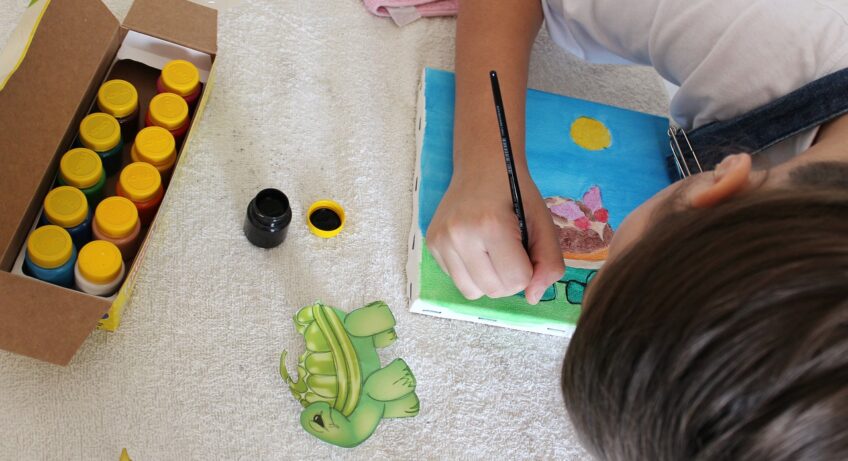It’s no secret that children develop a lot in their early years. During those first ten years, quite a bit goes on in their physical and psychological development. This is even more true during a child’s first five years. It’s absolutely paramount to take a close look at the best parenting techniques out there.
Children look to you for an example. Value and morality is built around how they perceive your parental actions. What you laugh at, what makes you angry, how you respond when things don’t go right, how you act when things are going fine—those little eyes and those little ears are listening closely.
Pitchers, Ears, Your Child, And You
There’s a saying: little pitchers have big ears. The “ears” on a pitcher are the aspect of such receptacles through which fluid is poured. The smaller the pitcher, the larger the ears out of a physical necessity. Otherwise they’d hardly pour anything worthwhile. Similarly, younger children are watching, listening, and learning more fundamentally than you might realize.
They can internalize things quicker, and they can solidify opinions of reality with greater rapidity. Did you know that during the early years of a child’s life, they are more susceptible to learning a second language? The human mind is designed to rapidly grow and internalize concepts during this time.
So if you enwrap a developing child in unnecessary rigidity, that will be internalized. However, there’s such a thing as not enough structure, too. Children need structure, and they need freedom—it’s quite the dichotomy, isn’t it? Especially as regards values and morality. This is something many Montessori schools seek to achieve, and some even do. But there’s something to be said for boundaries.
It’s like this: parenting is similar to a keyboard. Almost every note or note combination on that keyboard is right or wrong at some time, depending on the “vehicle” of the “song”. The “chord progression”, as it were. Well, in this case, the “chord progression” is your child’s unique personality, and “holistic parenting” is playing in the “key” of that progression.
Striking A Balance
What this means is there are right and wrong things to do, but they’re going to differ per child. Some children are going to be more musical, some will process information in a way which they internalize and then express through artistic works of a drawn or painted variety. Some children act out for what seems like no reason, given the same impetus, some children virtually implode.
Through holistic techniques, you’ll be better enabled to meet a child where they are. Certainly you are the leader, certainly they need boundaries. But what those boundaries are will differ from child to child in your household. The eldest may or may not be the responsible one. The younger one may or may not be the one who causes trouble.
In either scenario, that which impels the child into action will necessarily differ based on each child’s unique psychology. So it’s imperative to gather around yourself a diversity of resources as a means of helping you make the best choices for early development for each unique child.
Finding Effective Parenting Techniques For You And Your Child
To learn more about diverse parenting techniques, you need to surround yourself with different parenting resources. Certain modern techniques informed by deep understanding from generations of parents work, so do newer discoveries; you can check out ThinkJrCreations on YouTube for some of those.
Early development in a child’s formative years plays a key part in overall maturity as individuals. Just as breakfast is the most important meal of the day, so early childhood is perhaps the most important part of development. All children are different, exhibiting strengths and weaknesses that strongly emphasize the value of diverse parenting techniques.

